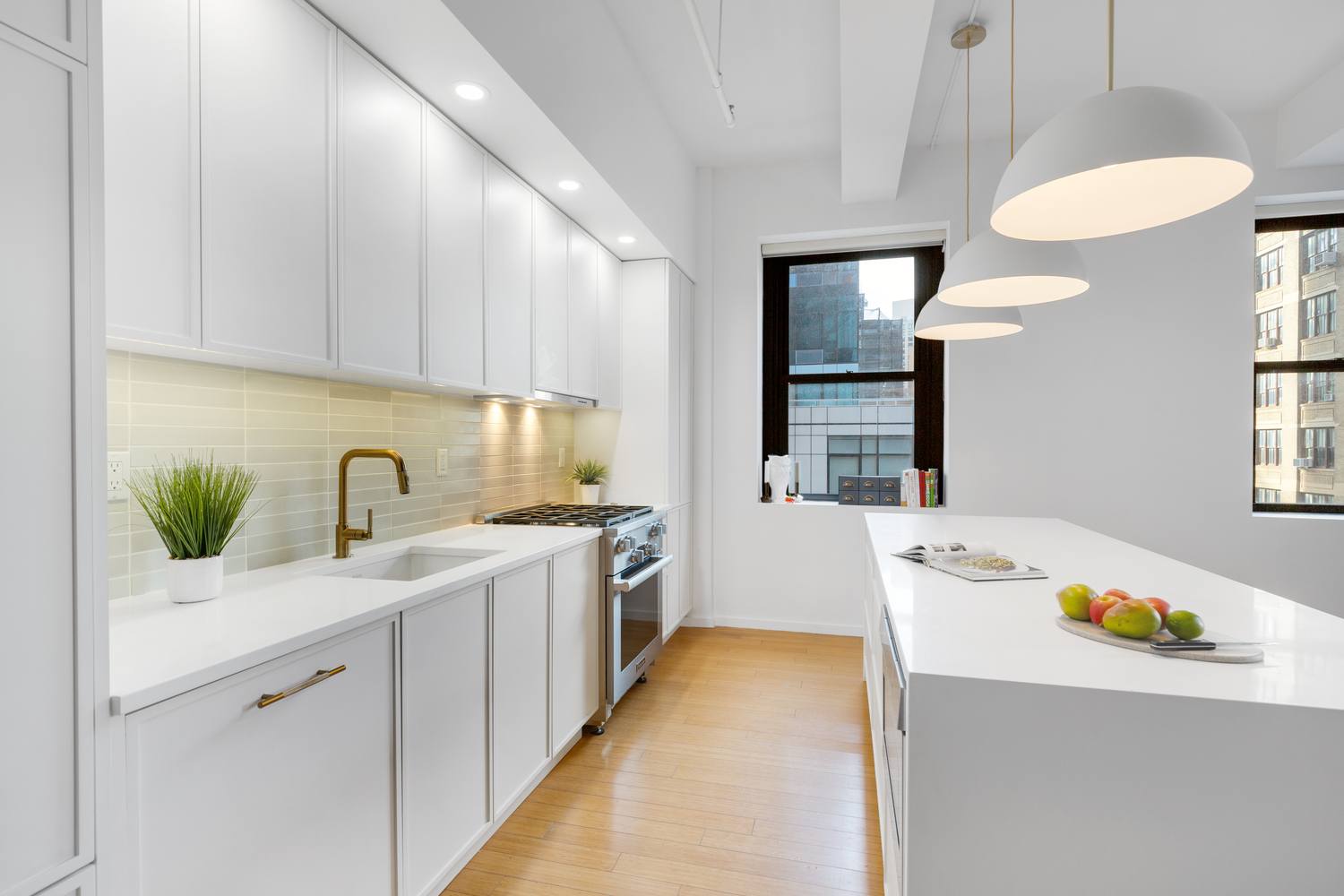As similar as they may seem, renovating a house and renovating a condo are two distinct processes with their own set of constraints, options, and methods, all of which should be considered before starting a project.
Websites like https://savemax.com/buy/mississauga-condos allow you to examine all of the appliances, structures, and additions that a condo may have, making it easier to identify what needs to be changed. However, before you start renovations, you should know a few things.
What Are The HOAs Renovation Rules?
Condominium complexes are managed by homeowner organizations (HOAs). These organizations have complete authority over the rules and regulations tenants should follow, particularly regarding renovation. When it comes to upgrading a condo, condo owners are sometimes subjected to far more restrictions than homeowners.
Before starting any repairs, check your HOA’s condo remodeling guidelines to verify what is allowed. These rules are spelled out in the covenants, conditions, and limits, and they usually target structural changes such as removing a wall. A structural change entails altering the original floor layout of your condo unit, like removing walls.
To find out if your renovations are allowed, you must run your design ideas past the HOA if you want to modify the layout of your condo.
What Can You Renovate In A Condo?
Now that you have a basic understanding of the regulations and permits, let’s look at some of the locations in a condo that you may remodel, some of which require HOA clearance and others that do not.

Renovations That Require HOA Approval
In the list of things that you can renovate in a condo, the following require the approval of the HOA:
- Floor Layout: This is a circumstance where the floor layout is altered. If you want to make changes to your condo, such as adding a room or pulling down a wall, you’ll need to make significant structural changes.
- Plumbing & Electrical Systems: Keep in mind that your condominium’s plumbing system is part of a bigger system shared by other homes. This implies you won’t be able to move devices like the shower, bathtub, or toilet seat as planned. To facilitate your remodeling, the unit may have to switch off the water for all occupants. Electrical work may not cause any inconvenience to your neighbors, but you may be limited in your options.
- Ceilings: Some condo apartments have rudimentary gypsum ceilings, while others have no ceiling treatment at all. Any significant change to the ceiling might require approval by the HOA.
Renovations That Don’t Require HOA Approval
The HOA regulations mainly target structural changes in a condo, which means that you can make other changes without asking the HOA. Some of these changes include:
- Painting the Walls: Don’t be afraid to paint the inside of your condo any way you like. Explore the color choices you have, and don’t shy away from more different wall designs, like accent walls or wallpaper.
- Replacing Furniture: In this case, we are referring to built-in cabinets, shelves, and other types of furniture that are attached to the walls.
- Replacing Window and Door Frames: Even if changing the door or window frames implies messing with the walls, these procedures are not included in the HOA rules.
- Replacement of Light Fixtures, Outlets, and Switches: Although these sorts of adjustments are related to the electrical system, they do not cause any issues with the HOA.